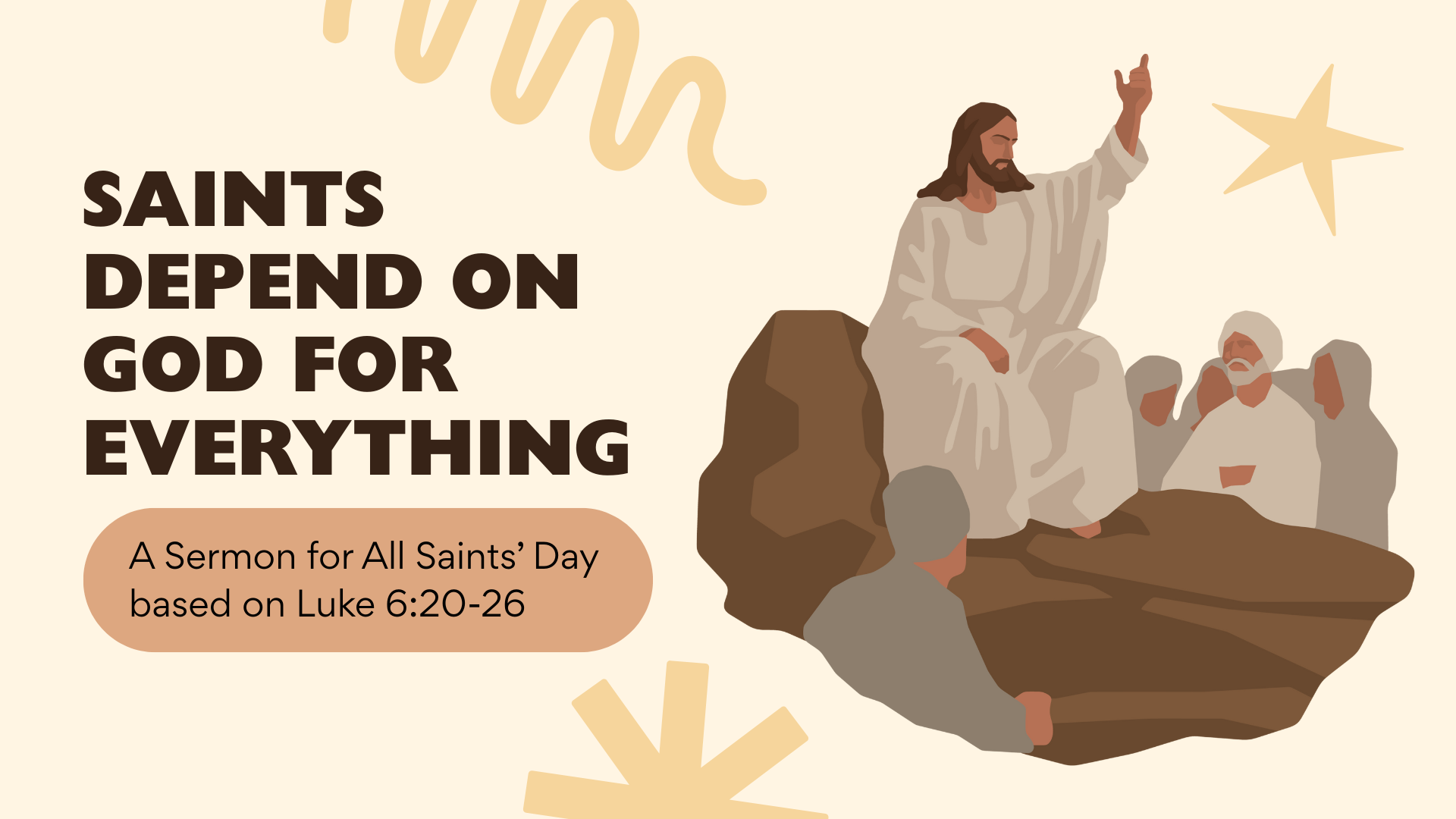Acts 21

HOW TO USE: This blog is written to serve as the basis for discussion. Find a partner or group to read through it together! Take turns answering the questions and listening to each other’s answers. Comment, email, or share your insights from your discussion with us!
For starters, take a moment to think or talk about your favorite team of heroes. From the Ninja Turtles to Sailor Moon, or the Magnificent Seven, teams of heroes get things done. You likely serve or have served on some sort of team yourself, at work or in your family. So, you’ve noticed that real-world teamwork is a lot more complicated than just using your weapon-of-choice to join in on a big brawl against the enemy. Real teamwork requires communication, forgiveness, and understanding. Real teamwork involves real human beings.
As you read Acts 21, notice how far Paul is willing to go to show that he’s a “team player.” Contrast that with what other teams ask of you, how some teams demand your allegiance yet are unworthy of it, and how other teams fail to properly trust its members and therefore are unsuccessful. When you read Acts 21, you’ll begin to track a series of events through the rest of Acts that prove that teamwork in the Gospel is always effective, and is always worth being a “team player.”
Read Acts 21:1-16.
- Notice how hard it was for the believers to say goodbye to the Apostle Paul. How does this testify to the strength of the relationship Paul had with the people he served?
- Notice that none of the prophets were trying to dissuade Paul from his journey. They were simply illuminating what would happen when he got to Jerusalem. When Paul’s horrified friends realize that there’s no convincing him to stay, they simply pray, “The Lord’s will be done.” It’s one thing to entrust our selves to the Lord’s will with whatever suffering he may have in store for us. It can be even harder to pray “Thy will be done” when it comes to what our loved ones have to go through.
- What encouragement does this section give you to keep on praying “Thy will be done” no matter the circumstances?
- How does this sections prove that praying for our brothers and sisters’ wellbeing is never separate from taking care of their physical and emotional needs?
Read Acts 21:17-26
- The controversial intermingling of Jewish and Gentile Christians was still a hot topic, and Paul found himself in the crosshairs. The Jerusalem Christians were doing their best to manage this controversy, and Paul had the opportunity to help them out. If he could be seen assisting these four men fulfill their purification rites (not for theological reasons, but for reasons of practice and sensitivity) then any accusation that Paul no longer cared for Jewish traditions and culture would be squashed wholesale.
- What reasons could Paul have to refuse performing this act of service? Why do you think he was so willing to go through with it?
- How does Paul continue to show his gospel attitude in his willingness to be a team player?
- In what way was this a “team” worth “playing” for?
- What guidance does this account give for the kinds of demands a church should make on its members? What kind of “team playing” should a modern church expect of its members? Of its leaders?
Read Acts 21:27-40
- It was a public offense to bring Gentiles into the innermost court of Herod’s temple, but an offense Paul had not committed. This was all a misunderstanding made worse because of the heightened tension between Jews and Gentiles, and the slander against Paul that was already common. You can tell that this was an emotionally-charged environment by how quick some are to rush to this riot, and how accustomed they are to uprisings and revolutions (see verse 38). The prophecy about what Paul would go through had come true.
- How can you tell that even if Paul knew this would happen, he would not have done anything differently?
- Even when we do our level best to be team players for the gospel, what do we need to be prepared for?
- Notice how calm and polite Paul’s speech seems to be, even as he is likely bruised and bleeding as he speaks. What encouragements should we take from this?
God bless your meditation and discussion!
Pastor Mike Cherney







